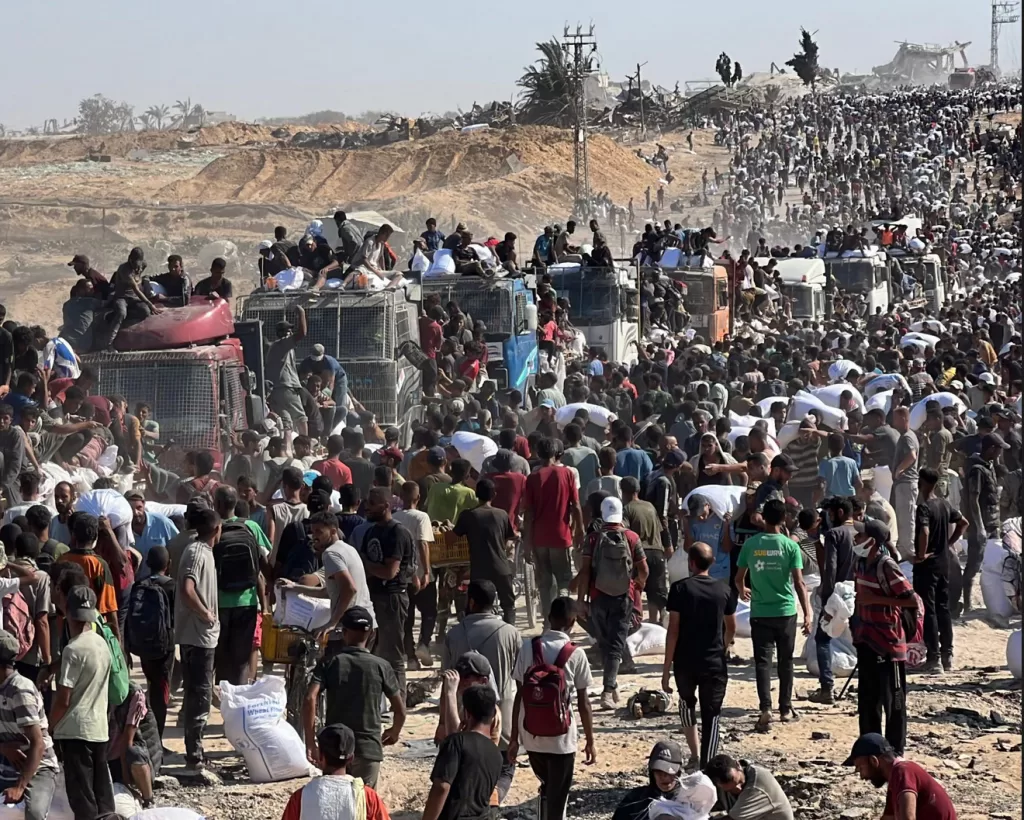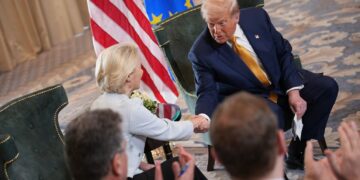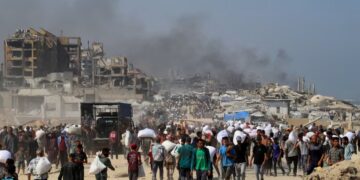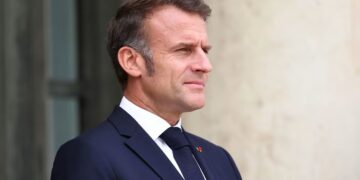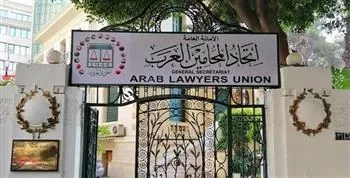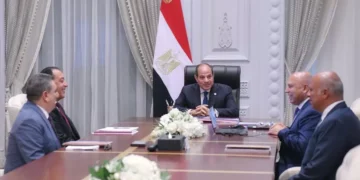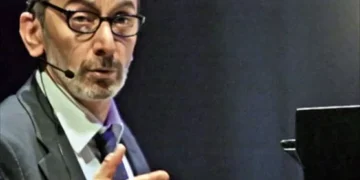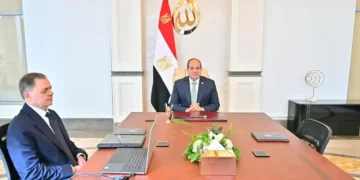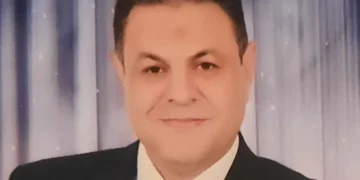Shaming the West, exposing Western hypocrisy
In a historic and bold move, French President Emmanuel Macron has announced that his country would officially recognise the State of Palestine this coming September at the United Nations General Assembly. The decision makes France the first G7 nation and UN Security Council permanent member to take such a step, a move welcomed by Palestinian officials, but one that meets Israeli and American outrage.
The new French announcement comes amid a worsening humanitarian crisis in Gaza where starvation has claimed hundreds of lives and left children suffering from severe malnutrition.
While Macron’s decision is largely symbolic and will not change immediate realities on the ground, it is a significant geopolitical development with far-reaching implications.
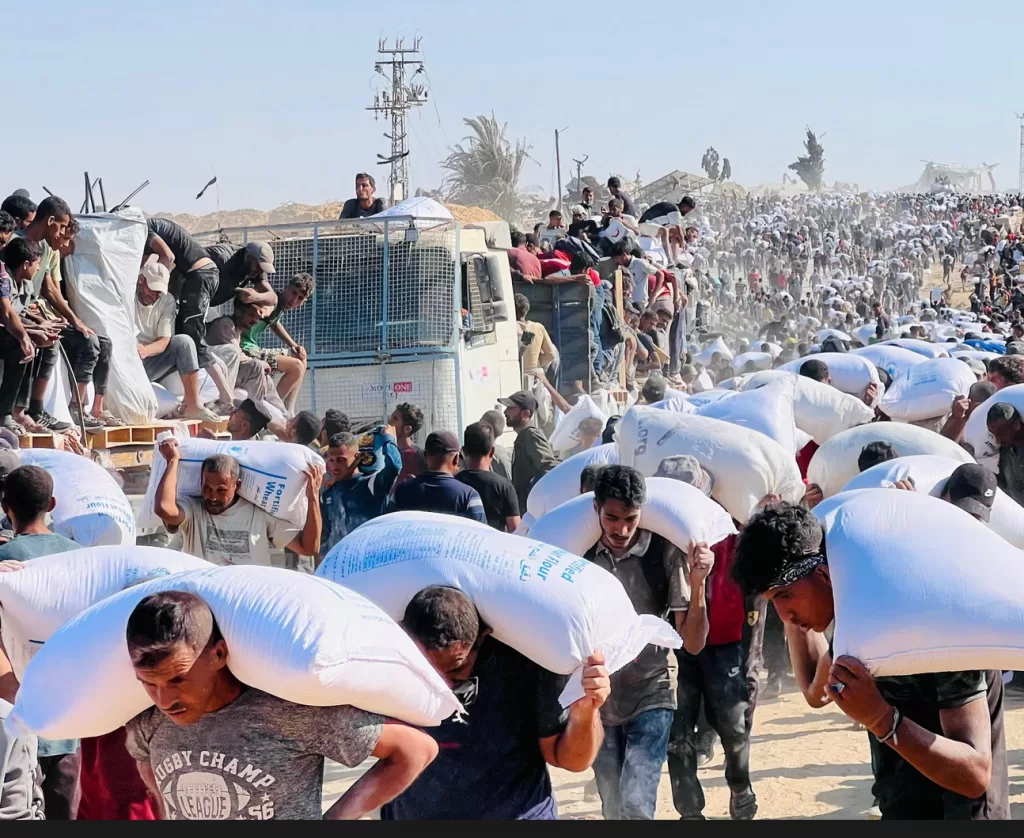
For Palestinians living under occupation or in refugee camps, France’s recognition may not lead to direct, tangible changes in daily life. Gaza remains under an Israeli-imposed siege, and the West Bank is increasingly fragmented by settlements and military control. But symbolically, France’s move offers Palestinians renewed legitimacy and international visibility, something that has long been denied under decades of stalled peace efforts and failed negotiations.
Recognition does not translate into statehood in practice. Israel continues to occupy the territories that would make up a Palestinian state, including East Jerusalem, the West Bank, and Gaza.
However, diplomatic recognition from a major Western power gives moral and political weight to the Palestinian cause, strengthening its international standing.
More significantly, France’s decision breaks a long-standing barrier in Western diplomacy.
For decades, most European countries have refrained from recognizing Palestinian statehood, citing the need for a negotiated two-state solution.
France’s move challenges that status quo and could prompt a domino effect among other major European nations.
How many countries recognize Palestine?
By 2025, 139 of the 193 United Nations member states have recognized the State of Palestine. This includes most of Global South states in Africa, Asia, and Latin America. However, most Western powers, particularly in North America and Europe, have withheld recognition.
France’s recognition would mark a significant shift in this pattern, positioning Paris as a leader in challenging the existing diplomatic alignment.
Ireland, Spain, and Norway recently recognized Palestinian statehood, but France’s status as a G7 and UNSC member gives its decision outsized influence. It is a potential turning point in how the West approaches the Israeli-Palestinian conflict.
The French move places pressure on fellow European nations, such as Germany and the United Kingdom, both of which have expressed growing frustration with Israel’s handling of the Gaza war, but remain cautious about formal recognition. If Macron’s move gains traction, the September UN General Assembly could become a diplomatic flashpoint, forcing others to take a position.
Experts suggest that Macron is using this moment to galvanize international action. Originally, France had planned to co-host a recognition summit with Saudi Arabia in June, but the sudden outbreak of conflict between Israel and Iran derailed those plans.
Macron’s solo announcement may reflect both urgency and strategic calculation, aiming to reignite momentum.
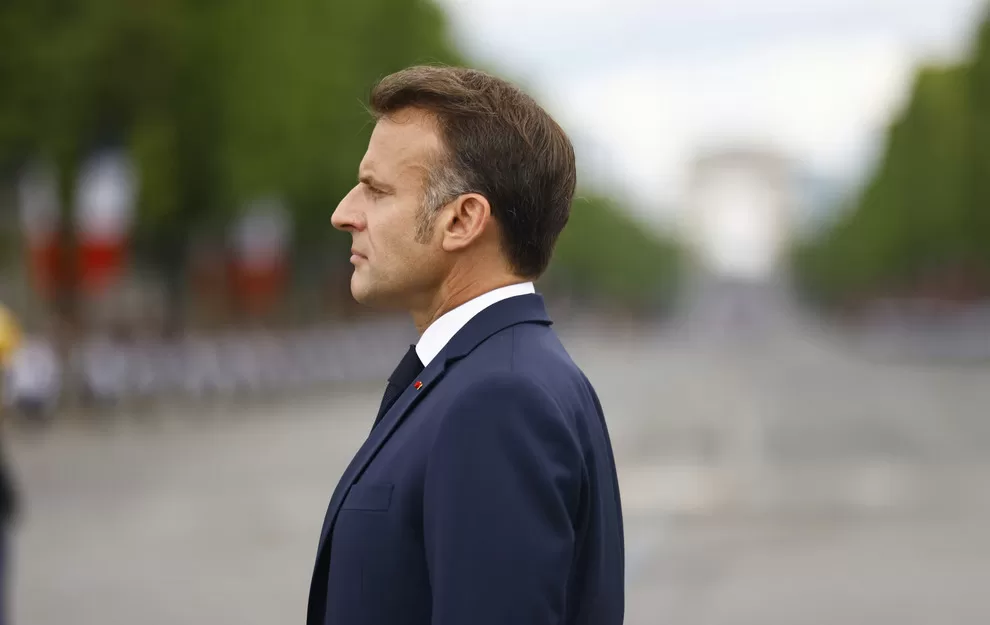
Does recognition benefit Hamas?
The question of whether France’s decision strengthens Hamas is complex. Israeli and American officials have condemned the move, claiming it rewards terrorism and undermines peace. US Secretary of State Marco Rubio called it “a slap in the face to the victims of October 7″.
However, for Palestinians and even for many critics of Hamas, the recognition is about long-denied rights, not endorsing any political faction.
Hamas has welcomed the decision as a “positive step”, but the primary beneficiary is the broader Palestinian national cause, not Hamas specifically.
In fact, formal state recognition has long been the objective of the more moderate Palestinian Authority (PA) which governs parts of the West Bank and has been marginalized in recent years.
Whether France’s move helps revive the PA’s political standing or further complicates intra-Palestinian dynamics remains to be seen.
France’s recognition also comes amid mounting global alarm over Gaza’s humanitarian catastrophe.
According to the United Nations, all 2.1 million people in Gaza are food insecure. Gaza’s health ministry recently reported that 900,000 children are going hungry, with over 70,000 showing signs of severe malnutrition.
Philippe Lazzarini, head of the UN agency for Palestinian refugees (UNRWA), described the population as “walking corpses”.
Macron, along with other European leaders, has publicly denounced the situation and criticized Israel’s restrictions on humanitarian access.
France has banned arms exports to Israel, delivered aid by air, and pushed repeatedly for ceasefire and aid corridors.
Macron’s decision to recognize Palestine is, in part, a response to the failure of international mechanisms to halt the suffering in Gaza. It reflects a growing belief that symbolic gestures, even if controversial, are necessary when conventional diplomacy stalls.
While the recognition is not accompanied by detailed proposals on borders or governance, France’s move signals the end of a long-held European hesitation.
Paris has supported a two-state solution based on the 1967 borders for decades, and successive French governments have expressed sympathy with the Palestinian cause. But this is the first time a French president has committed to full recognition.
In 2014, the French parliament passed a resolution urging the government to recognize Palestine, but it remained non-binding. Macron’s decision gives it executive weight and diplomatic teeth.
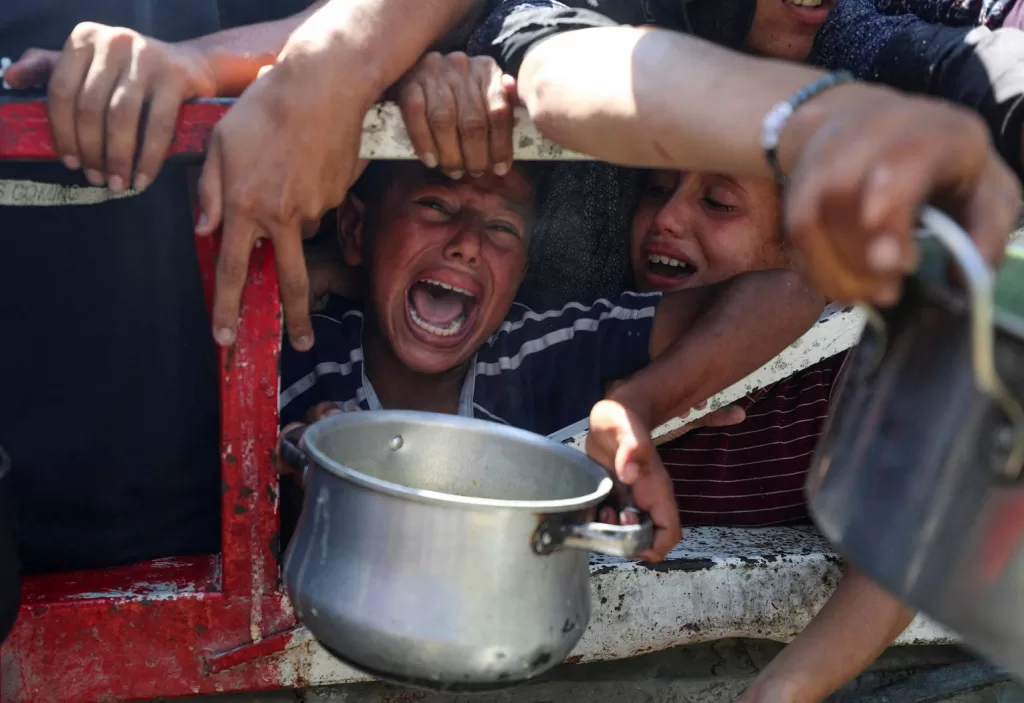
What’s next?
France’s move may not bring immediate relief to Palestinians facing starvation or end the Israeli occupation. Nonetheless, the same decision reshapes the diplomatic landscape and may force a reckoning among Western powers. It isolates Israel further and exposes a growing rift between Washington and Europe over how to resolve the conflict.
Ultimately, Macron’s decision is a bet that recognition can catalyse change, rather than reinforce division.
Whether that gamble pays off will depend on what happens next: Will others follow? Will pressure mount for a ceasefire and negotiations? Or will the symbolic act remain just that symbolic?
In Gaza, where parents scavenge for food and children waste away, the answers cannot come soon enough.
